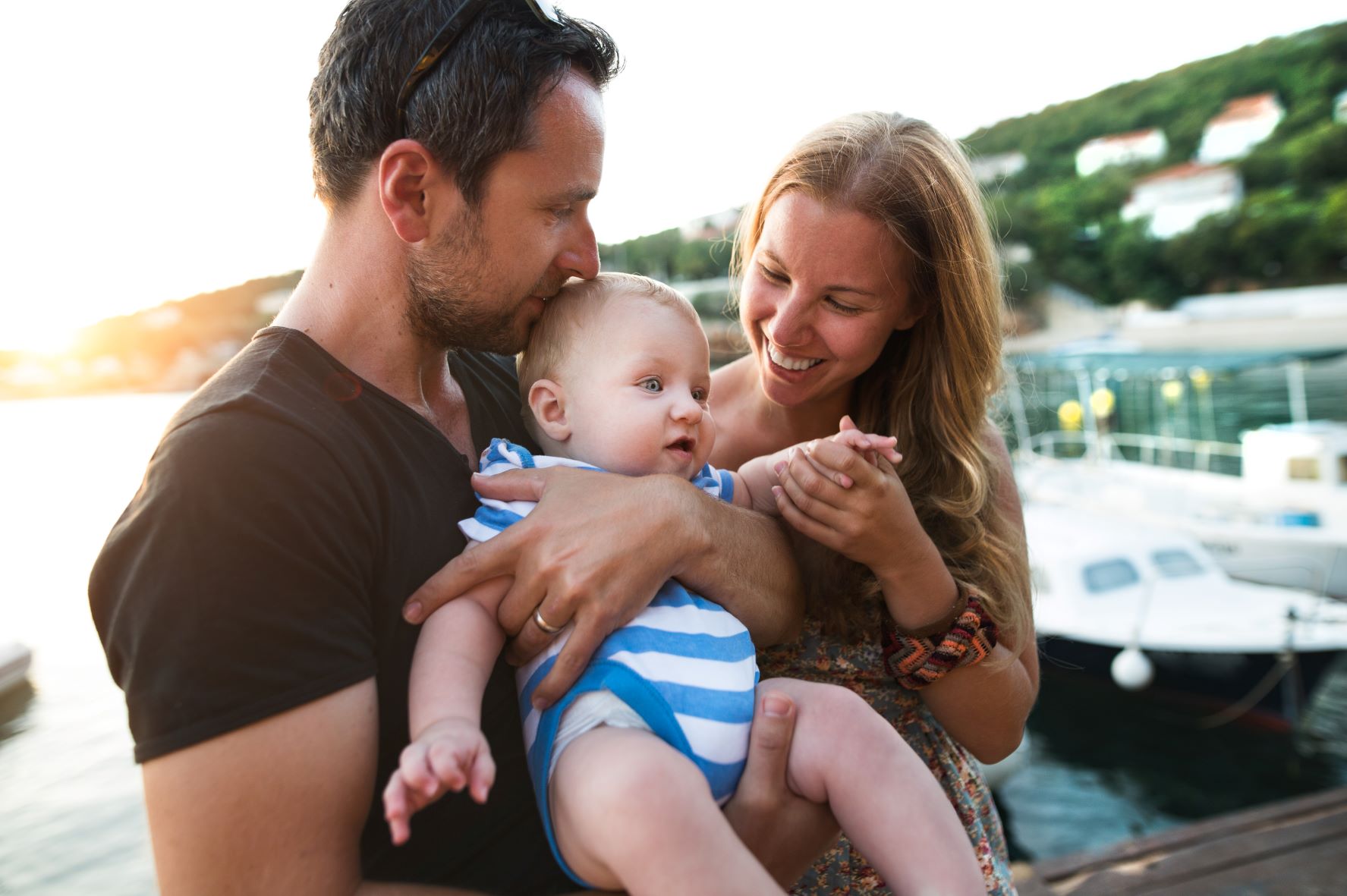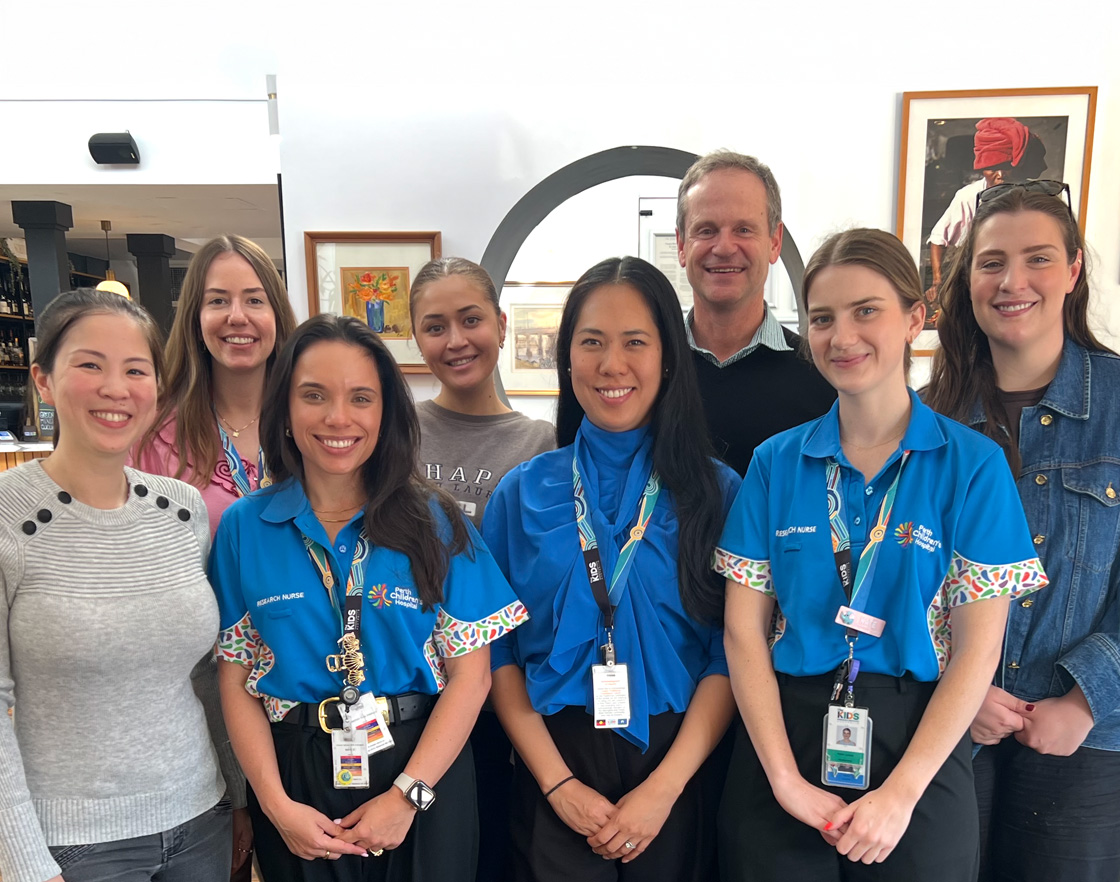Search
Showing results for "early life"
Research
Bronchiectasis Research for Improving Lung Health outcomes and Treatment (BRIGHT)This prospective, longitudinal cohort study will examine airway sputum, lung function, and clinical surveillance data of children with bronchiectasis attending Perth Children’s Hospital.

ORIGINS sub-projects are investigating the best way to provide support to new parents and their influence on the health and development of their offspring.

Our team aims to optimise lung health early in life to ensure the best possible health outcomes later in life.

The Wal-yan Respiratory Research Centre is made up of multi-disciplinary teams that are committed to improving the lives of children and their families living with respiratory disease.
Research
Service use by Australian children for emotional and behavioural problems: Findings from the second Australian Child and Adolescent Survey of Mental Health and WellbeingThe proportion of children and adolescents in Australia with mental disorders who used services for emotional and behavioural problems

News & Events
Churchill Fellow will seek ways to better support young people with neurodisabilityThe Kids Research Institute Australia researcher Hayley Passmore will use a prestigious Churchill Fellowship to investigate better ways to support young people in detention who are affected by neurodisability.

News & Events
What life is like living with type 1 diabetesEvery decision a child with type 1 diabetes makes can impact on their blood glucose levels.
Research
Overweight/obesity and other predictors of gestational diabetes among Aboriginal and non-Aboriginal women in Western AustraliaThis population-based study investigated the association of BMI and other predictors with gestational diabetes mellitus among Australian Aboriginal and non-Aboriginal mothers. We conducted a state-wide retrospective cohort study that included all singleton births in Western Australia between 2012 and 2015 using population health datasets linked by the Western Australian Data Linkage Branch.
Research
Learning to make a difference for chILD: Value creation through network collaboration and team scienceAddressing the recognized challenges and inequalities in providing high quality healthcare for rare diseases such as children's interstitial lung disease (chILD) requires collaboration across institutional, geographical, discipline, and system boundaries. The Children's Interstitial Lung Disease Respiratory Network of Australia and New Zealand (chILDRANZ) is an example of a clinical network that brings together multidisciplinary health professionals for collaboration, peer learning, and advocacy with the goal of improving the diagnosis and management of this group of rare and ultra-rare conditions.
Research
PATZ1 fusions define a novel molecularly distinct neuroepithelial tumor entity with a broad histological spectrumLarge-scale molecular profiling studies in recent years have shown that central nervous system (CNS) tumors display a much greater heterogeneity in terms of molecularly distinct entities, cellular origins and genetic drivers than anticipated from histological assessment.
